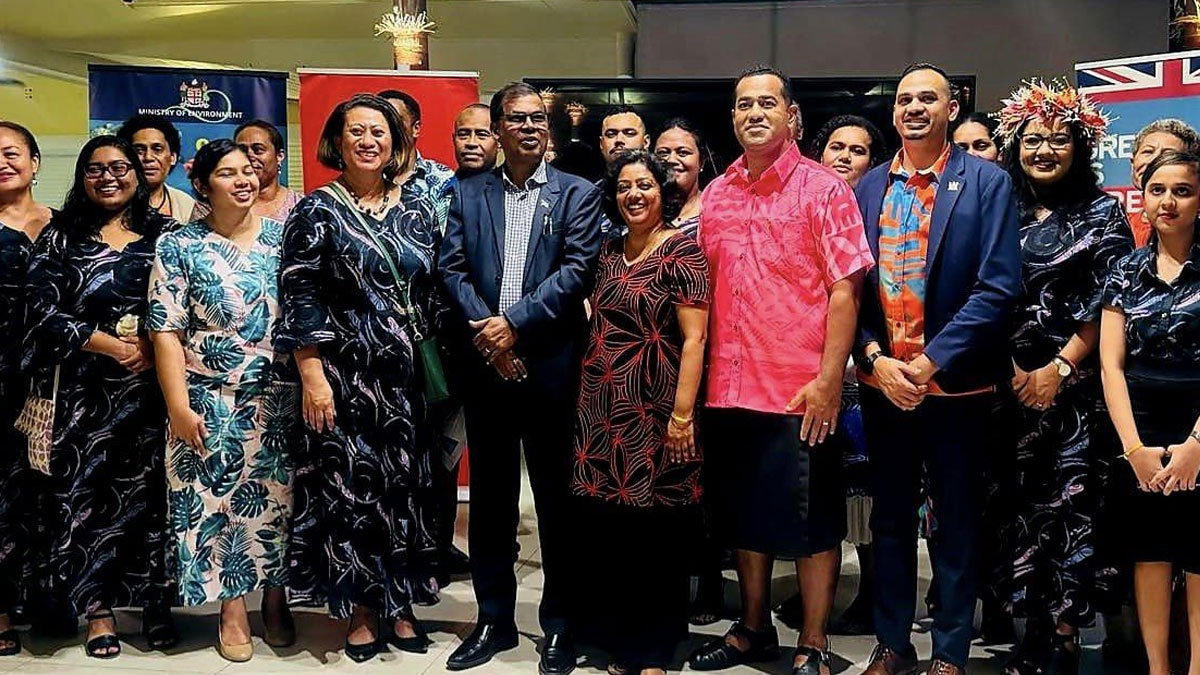
We face an uphill battle and the ongoing struggle to secure a new collective climate finance goal, crucial for developing nations, despite years of negotiations, major differences remain among parties.
This was highlighted by the Deputy Prime Minister and Minister of Finance, Professor Biman Prasad, while speaking at the announcement of the COP 29 delegation meet organised by Ministry of Environment and Climate Change in collaboration with the British High Commission.
Professor Prasad says our goal is to emerge from the negotiations with our priorities intact, our hope for the future reinforced, and our ability to tackle the challenges we face here in Fiji enhanced.
He says they will face a daunting task in Baku, Azerbaijan, in less than three weeks as they have over 200 sea walls to build and the immediate requirements to protect vulnerable communities.
The Deputy Prime Minister also mentioned the need to relocate over 40 villages and protect more than 100,000 hectares of farmland from saltwater intrusion.
He adds they are clear that the NCQG will be unbalanced if it does not account for the financing required for mitigation, adaptation, and loss and damage.
He insisted that a minimum allocation for small island developing states is not just an option but a prerequisite for urgent funding.
Professor Prasad emphasised the urgency of the situation: "The level of finance that Fiji and the Pacific need should be more than 10 times what is available today.
He reminded the attendees that at COP28, parties committed to transitioning away from fossil fuels.
Professor Prasad stressed that this commitment must guide negotiations in Baku.
Stay tuned for the latest news on our radio stations

